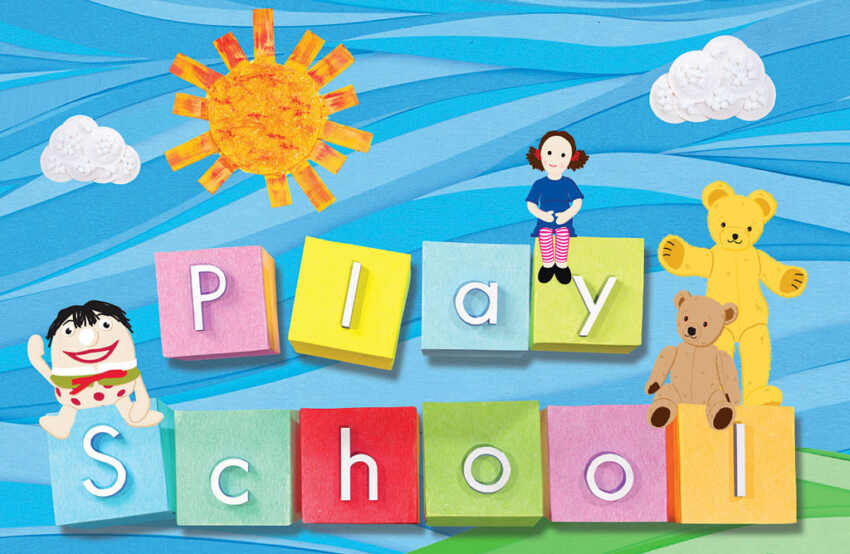The key elements that make a preschool effective in providing a high-quality early education
Early education plays a crucial role in a child’s overall development. It sets the foundation for academic success, social skills, and emotional intelligence in later years. Choosing a quality preschool for your child is vital to ensure they receive the best start in their educational journey. In this article, we will explore the key elements that make a preschool effective in providing a high-quality early education.
Small Class Sizes and Teacher-Student Ratio
One of the key factors that contribute to a quality preschool is small class sizes and an appropriate teacher-student ratio. A smaller class size allows teachers to give individual attention to each child, understand their unique learning needs, and provide personalized support. Research suggests that low teacher-student ratios promote better engagement, enhanced cognitive development, and improved social interactions among children.
Qualified and Caring Teachers
The qualifications and dedication of the teachers in a preschool are crucial in ensuring effective early education. Qualified teachers possess the knowledge and skills necessary to engage children in stimulating activities that promote learning and development. They create a nurturing environment that encourages exploration, creativity, and problem-solving. Besides qualifications, caring teachers who genuinely love working with young children foster a positive and secure atmosphere where children can thrive emotionally and academically.
Age-Appropriate Curriculum
A high-quality preschool follows an age-appropriate curriculum designed to meet the developmental needs of young children. The curriculum should be well-balanced and include a variety of activities that promote early literacy, numeracy, social skills, physical development, and creative expression. A comprehensive curriculum ensures that children receive a well-rounded education and are adequately prepared for the transition to kindergarten.
Safe and Stimulating Environment
A safe and stimulating environment is essential for a quality preschool. The learning spaces should be clean, organized, and equipped with age-appropriate materials that encourage exploration and hands-on learning. Outdoor areas should be safe, well-maintained, and provide opportunities for physical activities to support gross motor development. Additionally, preschools should have safety protocols in place to ensure the well-being of the children during emergencies or unexpected situations.
Parent Involvement and Communication
A strong partnership between parents and the preschool is crucial for a child’s success. Quality preschools actively involve parents in their child’s learning journey through regular communication, parent-teacher conferences, and opportunities for parent volunteering. Open and transparent communication strengthens the connection between parents and teachers, allowing for a better understanding of the child’s progress, areas of growth, and strategies for further support at home.
Emphasis on Play and Social Skills
Play is an integral part of early childhood education. A quality preschool recognizes the importance of play and provides ample opportunities for children to engage in imaginative and social play. Through play, children develop essential social skills such as cooperation, problem-solving, empathy, and communication. Quality preschools incorporate both structured and unstructured play into their curriculum, allowing children to explore, create, and build friendships.
Continuous Professional Development
A quality preschool emphasizes continuous professional development for its staff. Teachers should be encouraged and supported to participate in regular training and workshops to enhance their teaching skills and stay updated with the latest research and best practices in early childhood education. By prioritizing professional growth, preschools ensure that the teaching staff is equipped with the necessary knowledge and strategies to provide the best possible education to young children.
Choosing a quality preschool is pivotal in laying the foundation for a child’s lifelong love for learning. Small class sizes, qualified and caring teachers, age-appropriate curriculum, a safe and stimulating environment, parent involvement, emphasis on play and social skills, and continuous professional development are key elements that contribute to an effective early education. By considering these factors, parents can make an informed decision and provide their children with the best possible start in their educational journey.
Nidhin
For More Details Call: +917510220582
